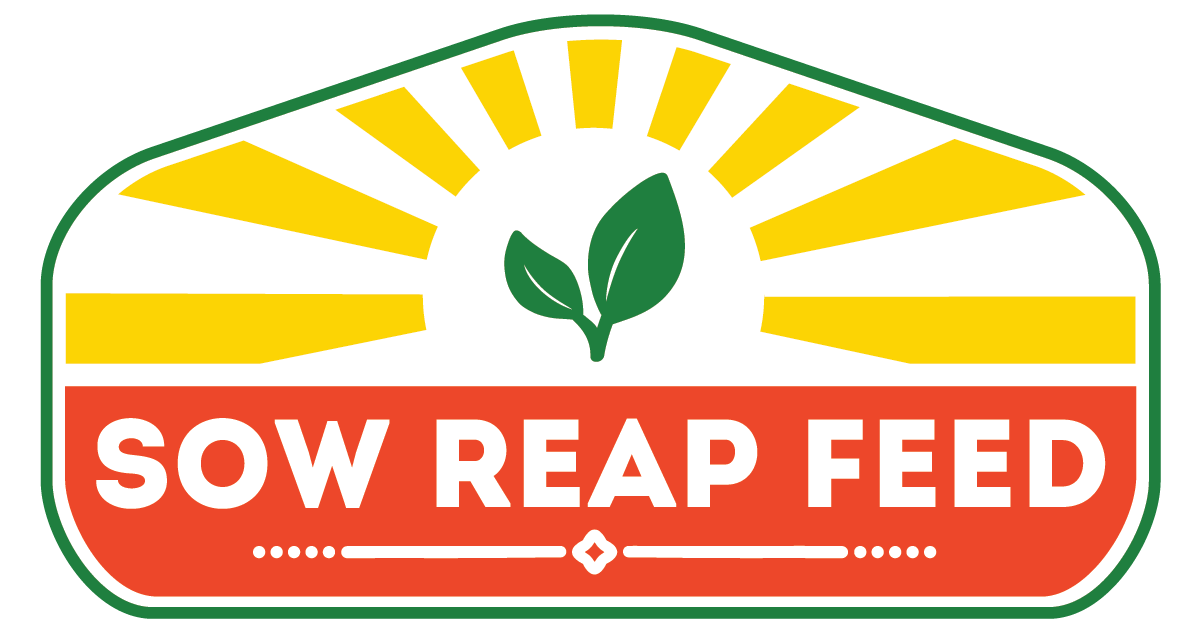Ways to Start a College Essay
When it comes to starting your college essay, there are several approaches you can take. It's essential to choose the one that suits your topic and writing style. Let's delve into some effective ways to kickstart your essay:
1. Start with a Story (Key: college essay x3)
One compelling way to begin your college essay is by sharing a personal anecdote or a relevant story. This approach not only engages the reader but also provides a glimpse into your experiences and perspective.
2. Pose a Thought-Provoking Question (Key: start your essay with something x2)
Grab your reader's attention by posing a thought-provoking question related to your essay's topic. This technique encourages your audience to ponder and explore the answer, making them eager to read further.
3. Use a Quotation (Key: start your essay with x2)
Incorporating a relevant quotation from a famous figure or a respected source can add depth and credibility to your college essay. Be sure to connect the quote to your essay's theme or message.
4. Paint a Vivid Scene (Key: start your essay with something x2)
Transport your reader into the world you're about to describe. Use descriptive language to create a vivid scene that captivates your audience's senses and imagination.
5. Share a Surprising Statistic (Key: start your essay with something x2)
Numbers can be compelling. Begin your essay with a surprising statistic or fact that relates to your topic. This can pique the reader's curiosity and establish the importance of your essay.
6. State a Bold Statement (Key: start your essay with something x2)
Make a bold and thought-provoking statement in the opening of your essay. This can be a controversial opinion or a unique perspective that challenges conventional wisdom.
Remember, the key to a successful introduction is to hook your reader and provide a clear sense of what your essay will explore. Experiment with different approaches to find the one that resonates with your audience and effectively introduces your topic.
Dos and Don'ts of Essay Introductions
Crafting an engaging college essay introduction requires careful consideration. Here are some dos and don'ts to guide you:
Dos
- Do grab the reader's attention from the start.
- Do make your introduction relevant to your essay's theme.
- Do be concise and clear in your language.
- Do consider your audience and tailor your introduction to their interests.
- Do proofread and revise your introduction for clarity and impact.
Don'ts
- Don't use clichés or overused phrases.
- Don't make your introduction too lengthy or off-topic.
- Don't start with a vague or unrelated anecdote.
- Don't rush the writing process; take your time to craft a compelling opening.
Frequently Asked Questions (FAQs)
Here are some common questions about starting a college essay:
Q1: How long should my introduction be?
Your introduction should typically be around 10% of your essay's total word count. For a 1500-word essay, aim for an introduction of about 150 words.
Q2: Can I use humor in my introduction?
Yes, humor can be effective if it aligns with your essay's tone and topic. Just ensure it's appropriate and doesn't undermine the seriousness of your subject.
Q3: Should I reveal my thesis in the introduction?
While your introduction should provide a glimpse of your essay's direction, it's not necessary to reveal your entire thesis. Save the detailed thesis statement for the body of your essay.
Q4: What if I'm stuck and can't find a good opening?
If you're struggling to start your essay, consider writing the body of your essay first. Often, a compelling introduction becomes clearer as you develop your ideas.
Final Thoughts
In conclusion, crafting an engaging introduction is a crucial step in starting your college essay on the right foot. By using the techniques and strategies outlined in this guide, you can capture your reader's interest, set the stage for your essay, and make a lasting impression. Remember, practice and revision are key to perfecting your essay introduction. Best of luck with your writing journey!
Useful Resources: https://mktoolboxsuite.com/how-to-write-a-swot-analysis-a-comprehensive-guide/
